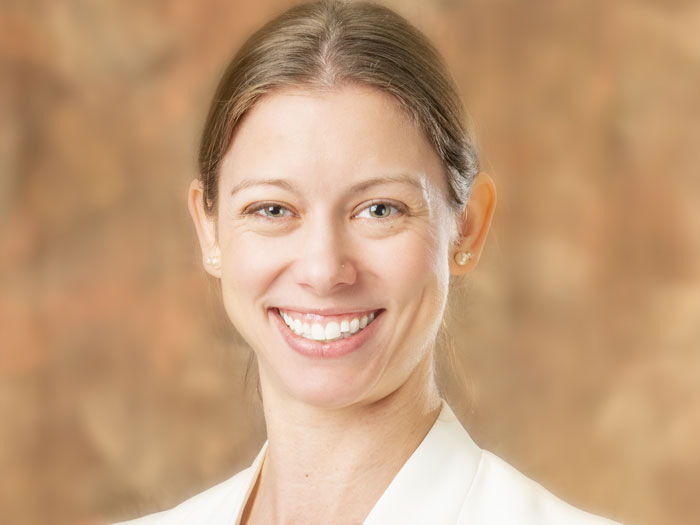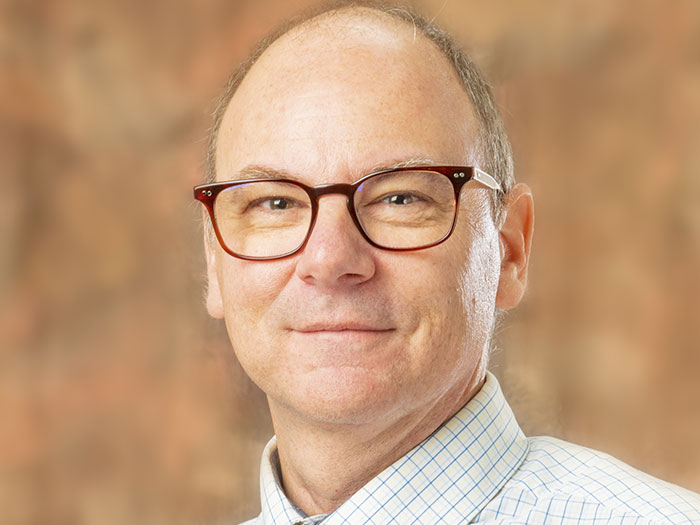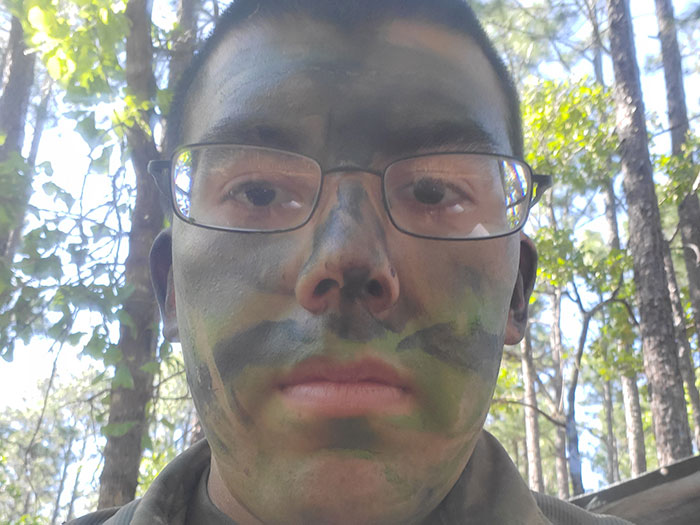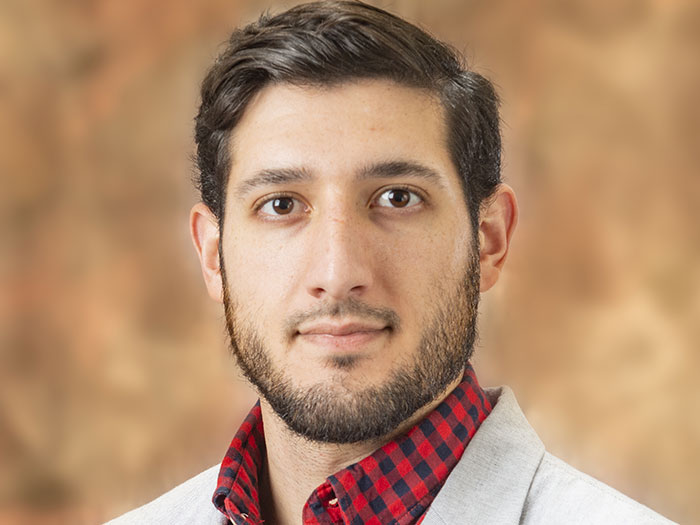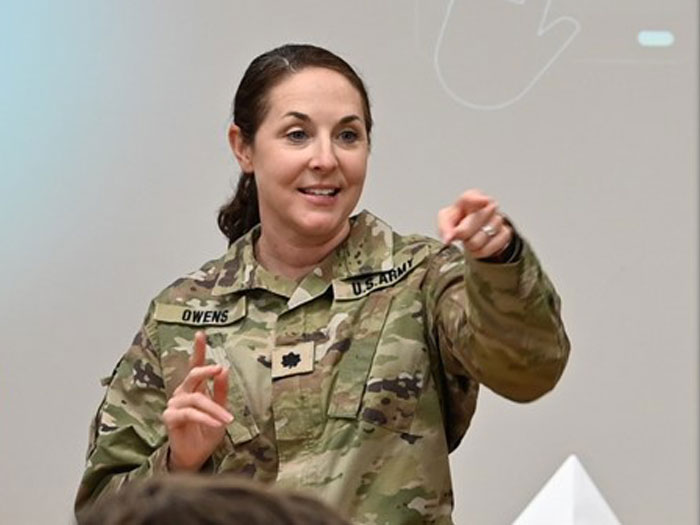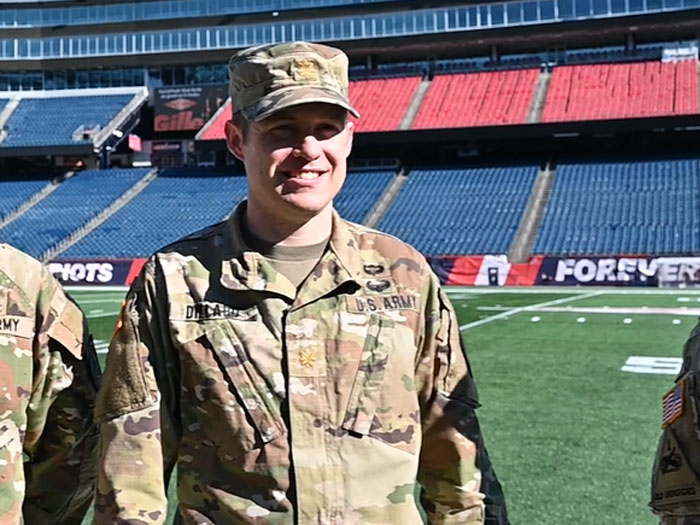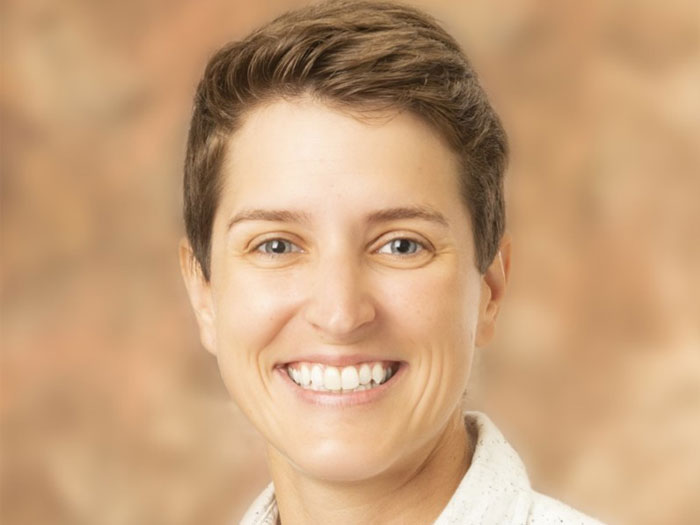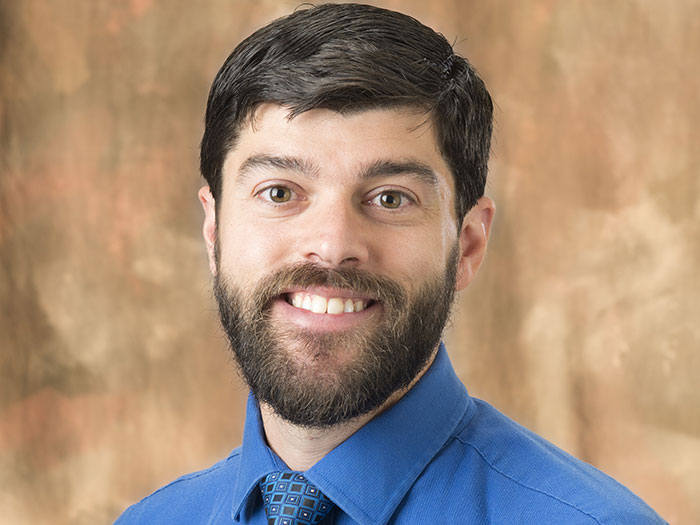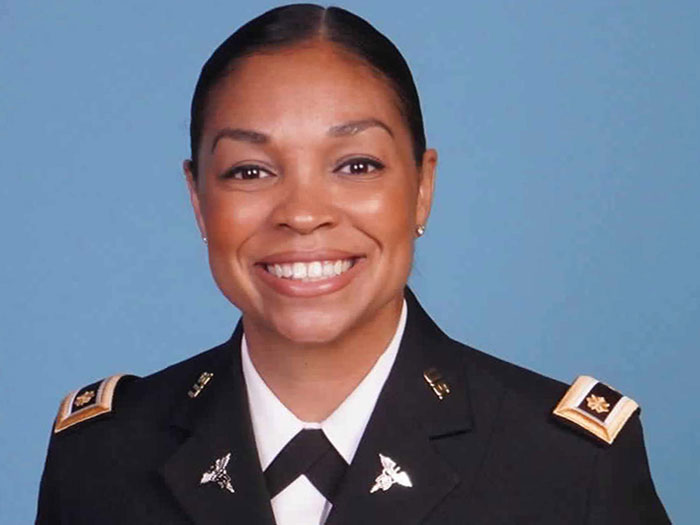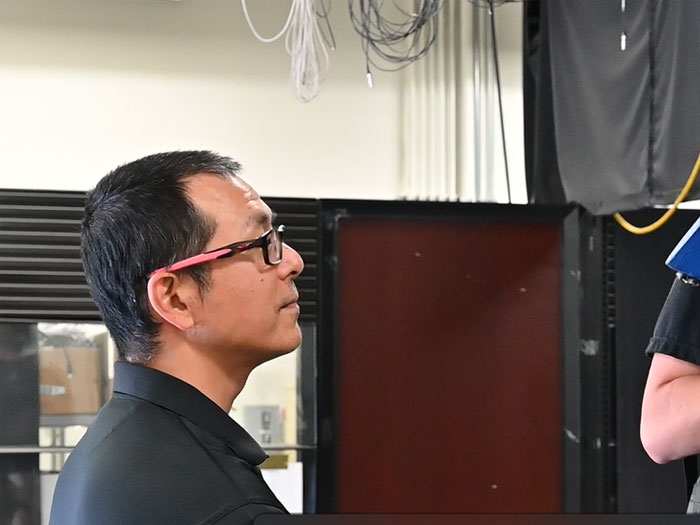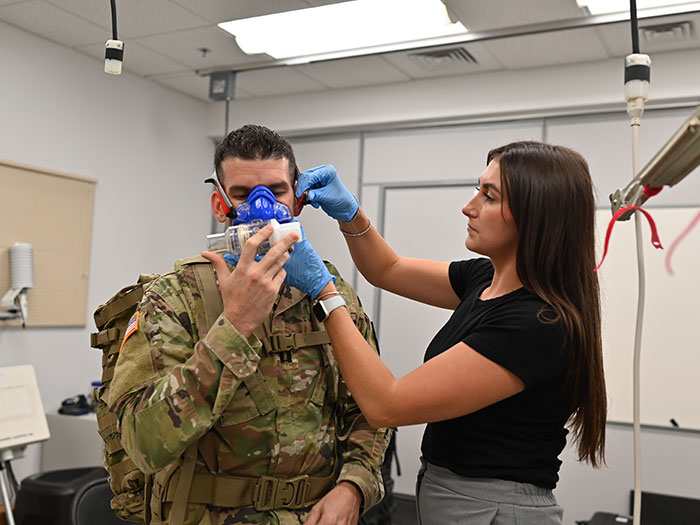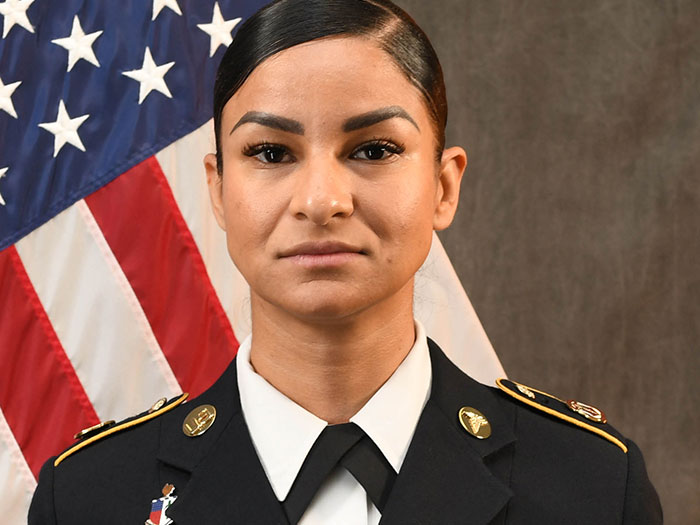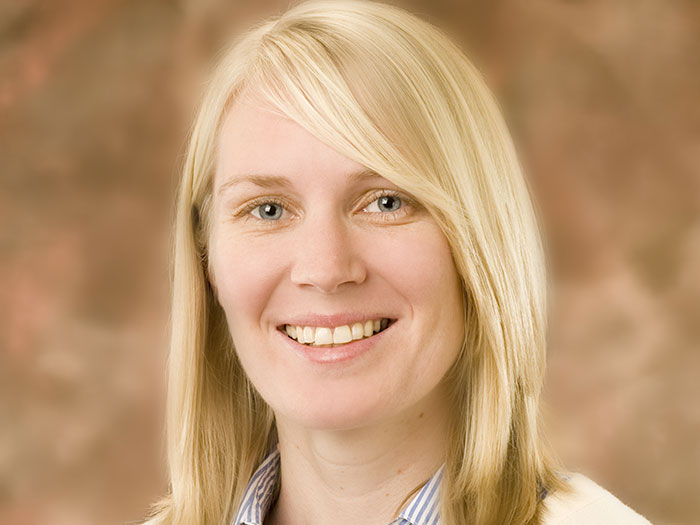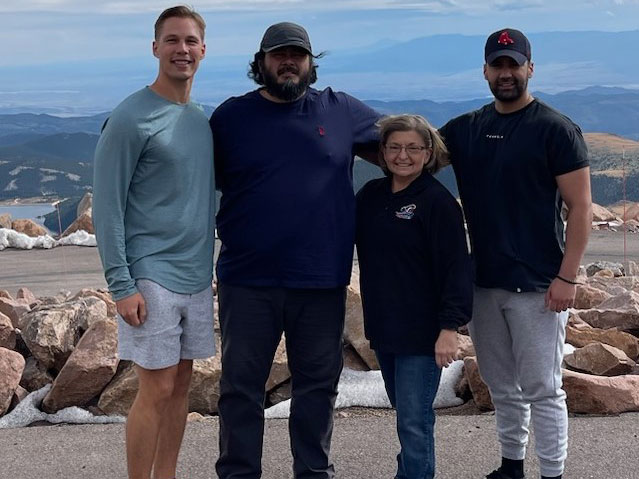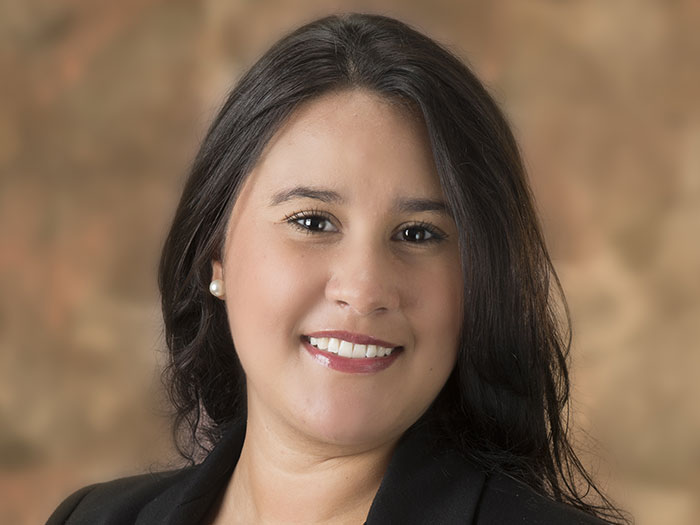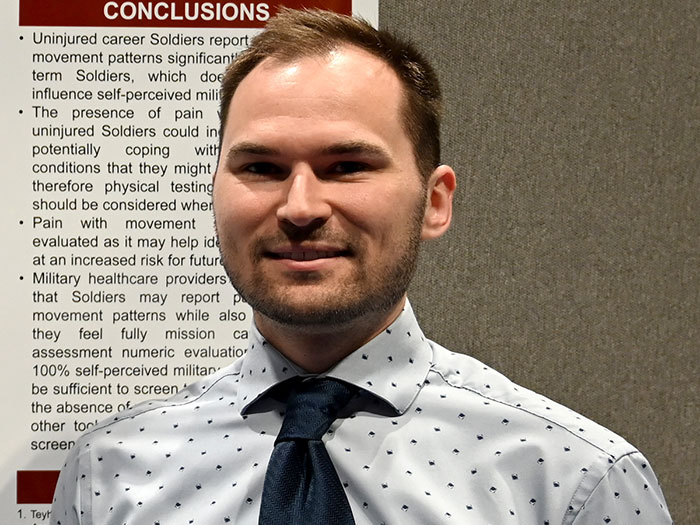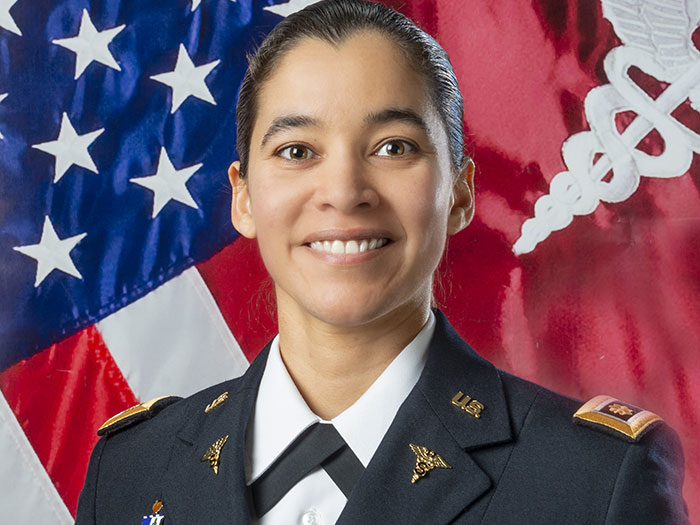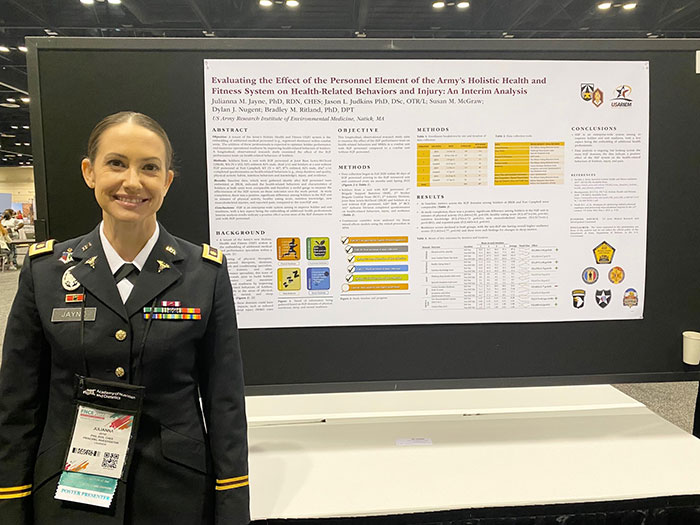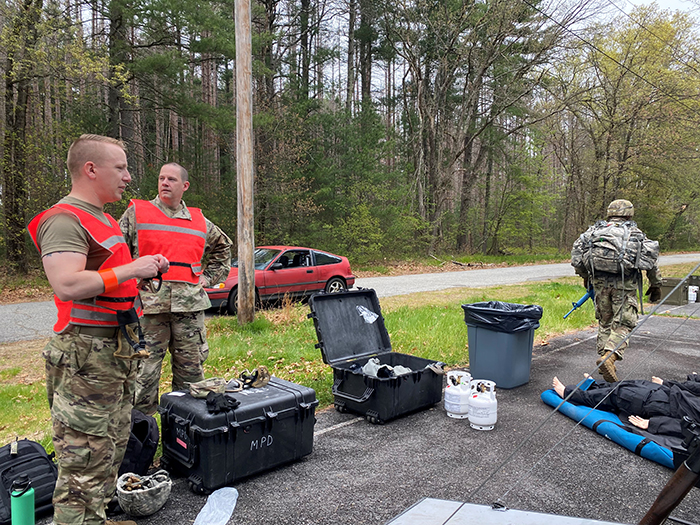Behind the Science with Captain Tyrone Ceaser, PhD, Research Physiologist, GEMS/STEM Lab Officer In Charge
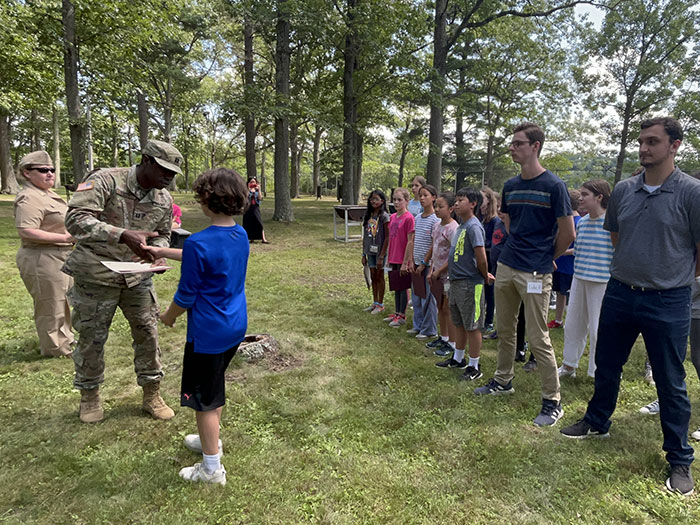
How long have you been at the U.S. Army Research Institute of Environmental Medicine?
I have been at USARIEM for about three years and during that time I ran and coordinated our Gains in the Education of Science and Mathematics (GEMS) summer Science, Technology, Engineering, and Mathematics (STEM) program, that is sponsored by the U.S. Army Research Institute of Environmental Medicine (USARIEM) located at Natick Labs.
How did you become interested in Soldier Nutrition and Performance?
Before commissioning to the Army, I had a keen interest in research and when I was introduced to the research mission at USARIEM, specifically the physiological research mission and capabilities, I was hooked.
What projects are you currently working on?
Currently, I'm serving as associate investigator on several projects, the chief of which is the development of machine learning-based algorithms for improving deployment readiness in Warfighters. I am also working on a project dealing machine learning-based predictions of heat illnesses among Warfighters.
During the summer, I work with the GEMS program to encourage students to learn about math, science and engineering. By encouraging these fields of study, we hope to inspire the next generation of engineers and scientists. The main objectives of the GEMS program are to increase student interest in math, medicine, science and technology, complement existing math, science, and technology curriculums, and challenge rising star science students serving as the near-peer mentors. The GEMS team consists of the civilian-lead, Mr. Daniel Eggers; co-non-commissioned officers in charge, Staff Sgts. Vincent Smith and Lindsey Ott; 19 rotating student mentors; and myself.
What aspects of your job do you love and find most gratifying?
I enjoy mentoring Soldiers and helping usher in the next generation of STEM scientists as the officer in charge of GEMS. These are the most gratifying components of my job.
What part of your job do you find to be the most difficult?
The most difficult aspect of my job is coming to grips every morning with the fact that my job as a Soldier is even necessary. It makes me constantly aware of the fact that a key to being a wartime Solider, if the need ever arises during my career, is being faced with difficult choices in extreme situations.
When you are not at the Institute, what do you like to do for fun?
I enjoy spending time with my wife and son! I love to play Call of Duty with my wife, reading contemplative pieces such as the Jewish Biblical commentary, Maria Papova or Ralph Waldo Emerson. Additionally, I like to listen to the tunes of the 90's R&B, 90's Rap or Smooth Jazz. Let's also not forget that on occasion I review architectural and interior designs in books or magazines.
2025



2024
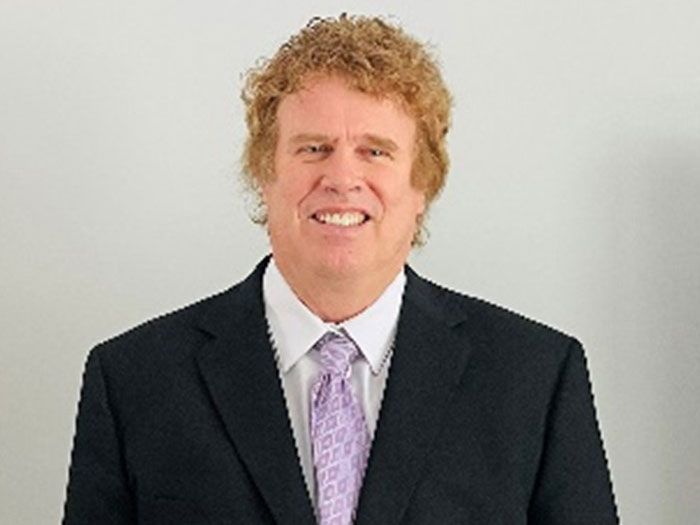

2023
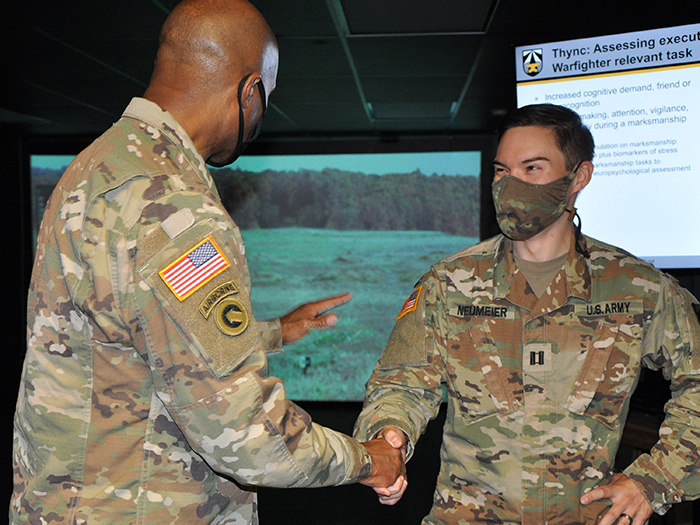
 An official website of the United States government
An official website of the United States government
 ) or https:// means you've safely connected to the .mil website. Share sensitive information only on official, secure websites.
) or https:// means you've safely connected to the .mil website. Share sensitive information only on official, secure websites.

















